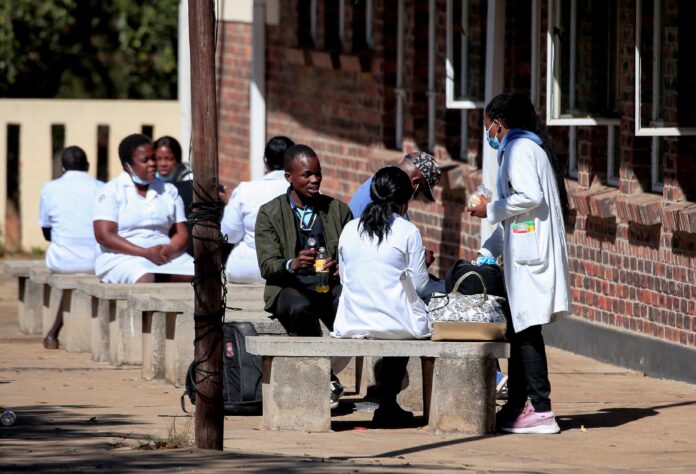New data from Statistics Botswana reveals a growing reliance on foreign professionals in critical sectors, with nearly one in five work permit holders employed in education and healthcare. The report shows that 19.5% of foreign workers are in education, while health and social work account for 21.9% of all permits—the highest of any industry.
The findings highlight Botswana’s continued need for skilled expatriates in essential services, particularly in specialized fields. Professionals—including teachers, doctors, and nurses—make up 30.1% of employee work permits, second only to elementary occupations (34%). Notably, women dominate the health sector, representing 42.2% of foreign employees compared to just 17.6% of men in the same field.
Zimbabwe remains the top source country for foreign labor (49.4%), with many filling roles in agriculture (28.8%) and education. However, workers from the Indian Sub-Continent (11.1%) and China (6%) are increasingly visible in self-employment and technical roles.
The data also reveals gaps in local training, with 46.9% of foreign employees reporting no formal qualifications—a figure that raises questions about skills transfer and localization efforts. Degree holders comprise 34.8% of the workforce, while those with medical training account for 9.1% of all employee permits.
After a 40% decline in foreign workers between 2017-2021, numbers have rebounded by 27%, suggesting renewed economic demand.



